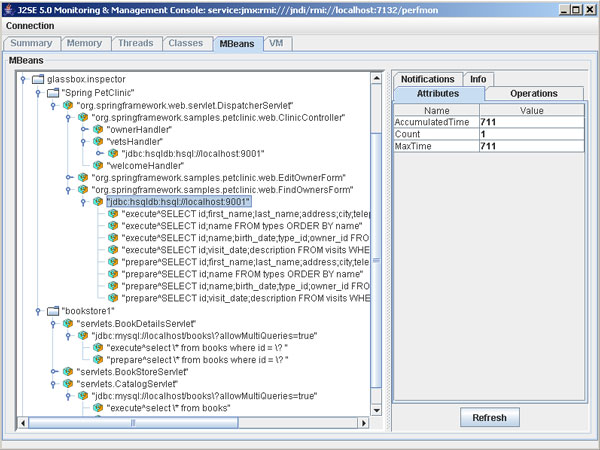A lot of great news has come out of the WebWork team. Having used WebWork on a lot of projects recently, I am a big fan, as it is simple and gets out of your damn way! :)
Some of the great news:
- Continuations: RIFE and WebWork have partnered around continuations (at least). WebWork now contains an early version of RIFE/continuations, and provides experimental support for continuations. This is so we can get closer to SeaSide if we want. Take a look at an example action:
public class Guess extends ActionSupport { int guess; public String execute() throws Exception { int answer = new Random().nextInt(100) + 1; int tries = 5; while (answer != guess && tries > 0) { pause(SUCCESS); if (guess > answer) { addFieldError("guess", "Too high!"); } else if (guess < answer) { addFieldError("guess", "Too low!"); } tries--; } if (answer == guess) { addActionMessage("You got it!"); } else { addActionMessage("You ran out of tries, the answer was " + answer); } return SUCCESS; } public void setGuess(int guess) { this.guess = guess; } } - Spring IoC by default: WebWork is working with the Spring team too, and Spring is now the default IoC container
- WebWork in Action: "Where is the WebWork book?". It's finally here
- WebWork Dependencies: WebWork uses Ivy, and has a nice view of its dependencies
Amazing work guys.


